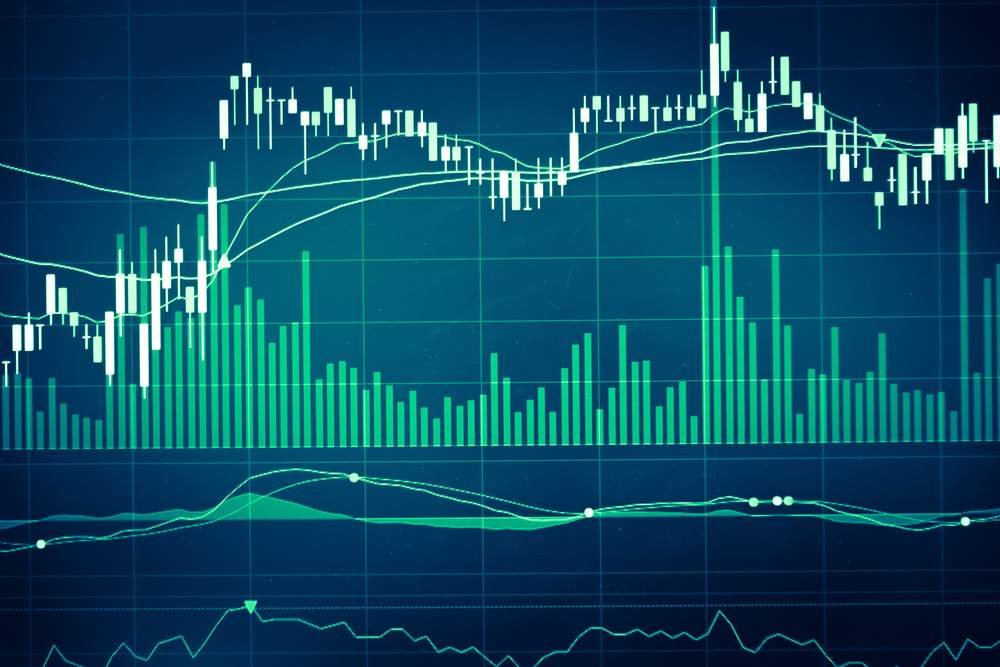Futures Contracts And How They Work

Futures contracts are legal agreements between a buyer and a seller wherein they agree to buy or sell an asset at a predetermined price on a specific time in the future. The assets involved in these contracts are usually commodities, bonds, stocks or currencies.
Futures contracts are commonly issued and traded on the trading floor of a futures exchange like the New York Mercantile Exchange (NYMEX), Chicago Board of Trade (CBOT), and the Chicago Mercantile Exchange (CME), all of which are owned by the CME Group. These futures exchanges are best by the Commodities Futures Trading Commission.
How does it work?
Let’s take wheat as an example of an underlying commodity. As a farmer, you plan to grow 300 bushels of wheat next year. You have the option to either grow the wheat then sell it at whatever the price may be by the time you harvest it, or you can secure a price for it now by selling a futures contract that requires you to sell 300 wheat bushels at a fixed price after you harvest it. Securing a price for your wheat now will eliminate the risk of falling wheat prices in the future.
Types of futures
-
Currency futures
-
Interest rate futures
-
Stock market index futures
-
Commodity futures
Why is it important?
Futures contracts are made to specify an asset’s underlying quality, quantity and delivery, creating a standard that makes prices fair to everyone in the market. These contracts are used by companies to secure a guaranteed price for raw materials.
A significant number of risks is reduced by these contracts since they guarantee the buying and selling of goods at a fixed price. They also allow both parties to know about the revenue or the costs involved in advance in each transaction.
Who uses these contracts?
Excellent trading experience with R1Investing
- A wide choice of 350+ financial instruments;
- The major trading platform MT4, intuitive and full-fledged;
- Variety of VODs, courses, articles, webinars in our education center;
- Instant and effective assistance via phone call and e-mails.

